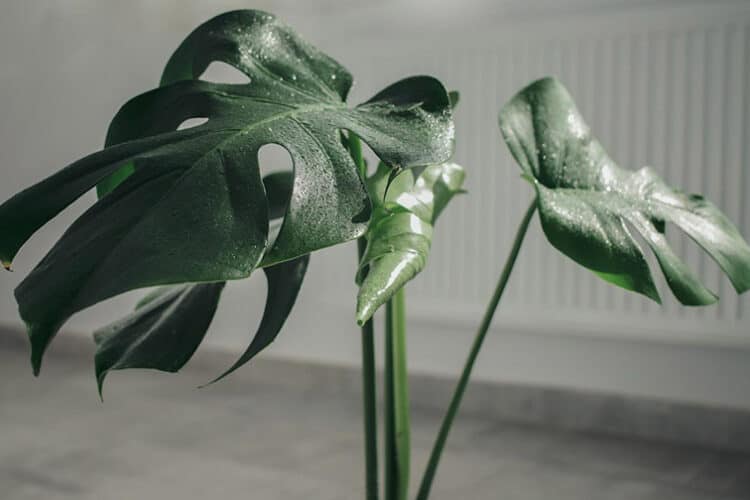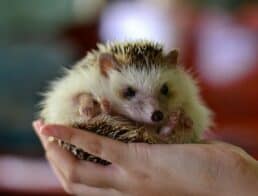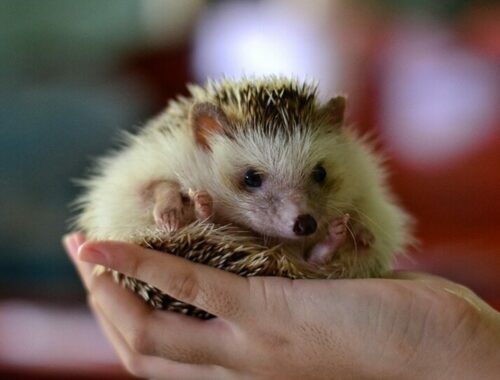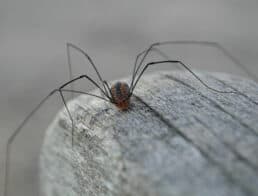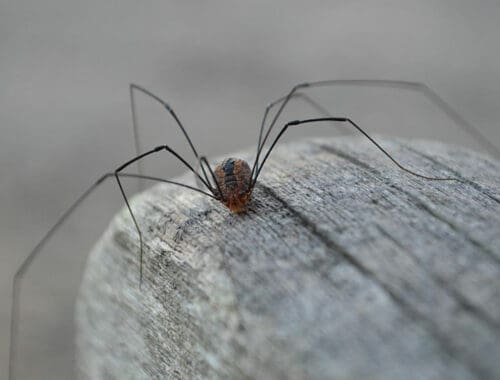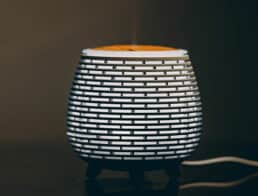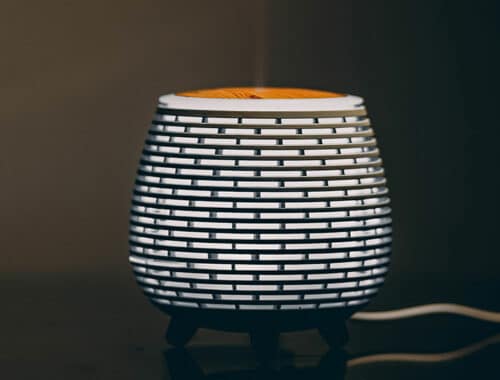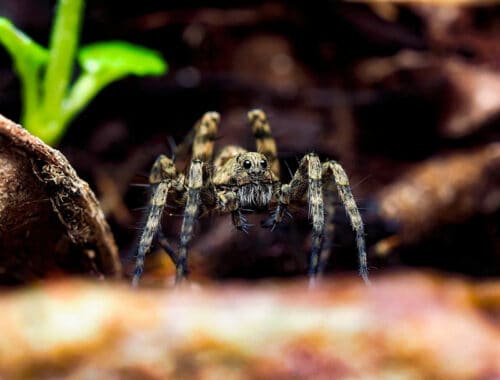Monsteras are popular houseplants because of their unique leaf shapes. While these plants do make a great statement piece or blend in well with other greenery, you might not know if they are safe for your beloved cat.
Unfortunately, monsteras are toxic to cats and dogs. There are a few factors to consider regarding how toxic these plants are, so we’ll detail the ins and outs of monster houseplants and the risks they pose for your pets.
What To Do If My Cat Ate A Monstera Plant?
Knowing that monsteras are toxic to cats can be terrifying if your feline friend has already eaten part of the plant. However, you don’t have to panic just yet. Generally, the toxicity is mild and will only cause temporary symptoms such as increased saliva, vomiting, and esophagus swelling. These symptoms sound severe, but they will usually clear up quickly, especially if you give your cat water.
However, it’s still important to watch your cat carefully. It never hurts to call your veterinarian to get advice, and if you notice the symptoms aren’t going away or are getting worse, take your pet for veterinary care right away.
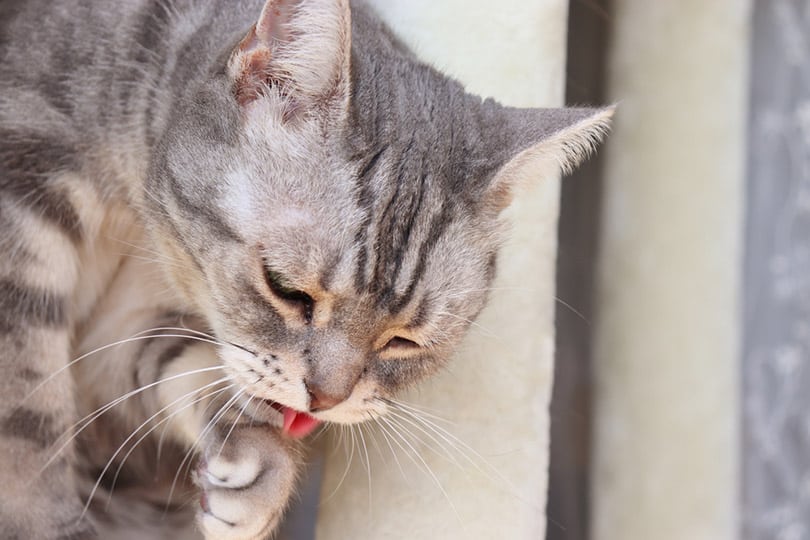
Why Are Monstera House Plants Toxic To Cats?
These plants contain a substance called calcium oxalate crystals. The crystals are inside the leaves on the plant’s stem, so if a cat chews or eats any part of the monstera, the substance can enter its mouth and body.
For the most part, this substance isn’t a significant risk to your cat if the plant is left undisturbed. But, as some felines may try to chew on the leaves or stems, it’s safest to not have any monstera houseplants around your house or apartment.
Tips For Keeping Monstera Plants Away From Cats
The best way to give yourself peace of mind and keep your cat from any health problems is not to keep monstera plants around. However, because the plant doesn’t release toxins directly into the air, you could try to put the plants where your cat can’t access them.
Some cats might not be interested in eating house plants at all, but because many cats can climb and get into hard-to-reach areas, you’ll need to carefully watch your cat’s around a monstera plant.
But, if you’d rather not take any risks, you can keep safer alternatives in your home. There are several houseplants that aren’t dangerous to pets.

Alternatives To Monstera Houseplants
Greenery improves the look of your place and can help you feel happier, especially if you have a green thumb. If you want a way to make your home look lush and green while avoiding any risks to your cat, here are some houseplants to consider:
- Spider plants: These houseplants have a ribbon-like or grass-like appearance, and they are a great accent to go with other colorful houseplants.
- Boston fern: Many people love the look of ferns because they are lush. Even if your feline companion tries to chew on the fronds, they are safe for cats.
- Calathea: If you want something that has a tropical look with large leaves, a calathea is a safer alternative to a monstera. These plants have leaves with striped patterns, and they look similar to the more toxic monstera.
Conclusion
Monsteras can be dangerous if your cat can get close enough to chew on the plant. It’s possible to have the plants around your home since they don’t release toxins into the air, but you may not want to take the risk. If your cat consumes or even chews on a monstera, watch it closely and talk to your vet for medical advice.
Luckily, many houseplants won’t harm your cat, so you can enjoy a green space that’s safe for you and your pets.
Featured Image Credit: Pixabay
